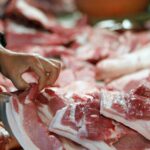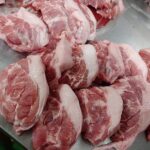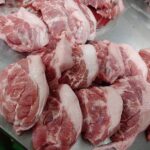There is an old proverb that is often passed down through the generations: “Not heeding the words of the elderly will bring immediate harm.” Similarly, another proverb states: “Ask the elderly, and then ask the young,” emphasizing that the advice and guidance of those with experience hold long-lasting and trustworthy value. In daily tasks, such as grocery shopping, there is a familiar saying: “When buying meat, avoid the neck; when buying fish, avoid the pike,” pointing towards smart and sensible choices.
Avoid the Neck when Buying Meat
The proverb “Don’t chop the head when butchering” has long existed to warn of the dangers of consuming pork neck. In reality, eating pork neck not only increases the body’s fat content, leading to rapid weight gain, but it can also cause cardiovascular and cerebrovascular issues.
The neck of a pig contains numerous lymph nodes, an important system that helps filter and trap foreign microorganisms, inflammatory cells, and toxins. Regular consumption of pork neck may lead to a buildup of bacteria and toxins, resulting in serious health issues.
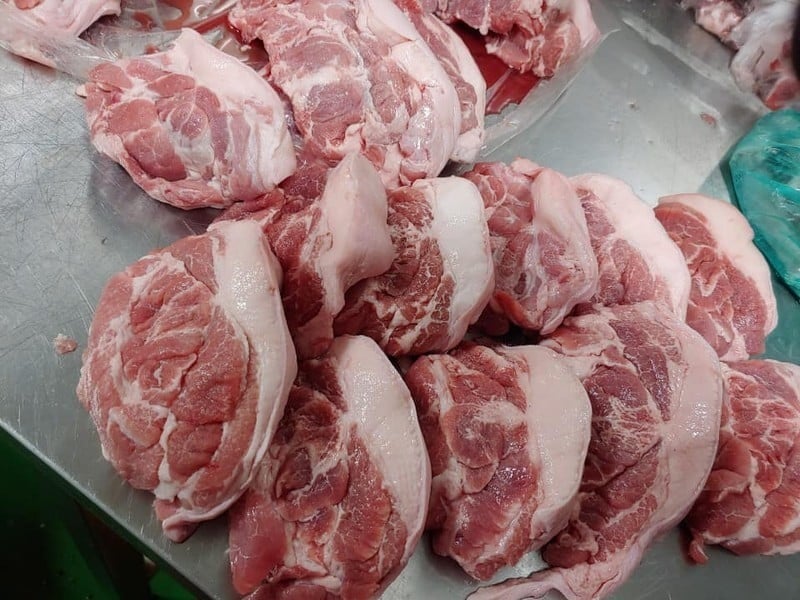
The proverb “Don’t chop the head when butchering” has long existed to warn of the dangers of consuming pork neck.
Moreover, due to its complex lymphatic system, it is challenging to remove all the nodes during processing, making it easy for the body to absorb harmful substances. This can lead to poisoning or an increased risk of infectious diseases. Therefore, consuming pork neck should be done with caution to protect one’s health.
Avoid Pike when Buying Fish
Pike conger, a type of freshwater fish known for its soft and sweet-tasting meat, is also infamous for its numerous fine bones, making it unsuitable for young children due to the risk of bones getting stuck in their throats.
Hence, the principle of “avoid pike when buying fish” became ingrained in tradition. Although pike conger is highly nutritious, during difficult times, people often prioritized fish with more meat and fewer bones to save costs. Pike conger, with its scarce meat and abundant bones, was often considered wasteful.
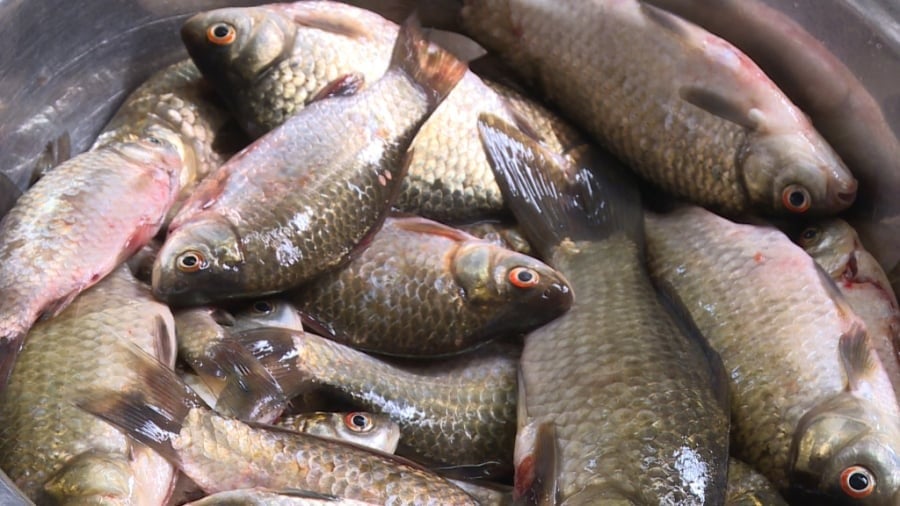
Pike conger, a type of freshwater fish, is known for its soft and sweet meat but is infamous for its numerous fine bones.
However, in modern times, with improved living conditions and a focus on nutritional needs, pike conger has become a reasonable choice for preparing nutritious dishes. Pike conger soup not only provides many nutrients but also has a kidney-toning effect, supporting comprehensive health.
























